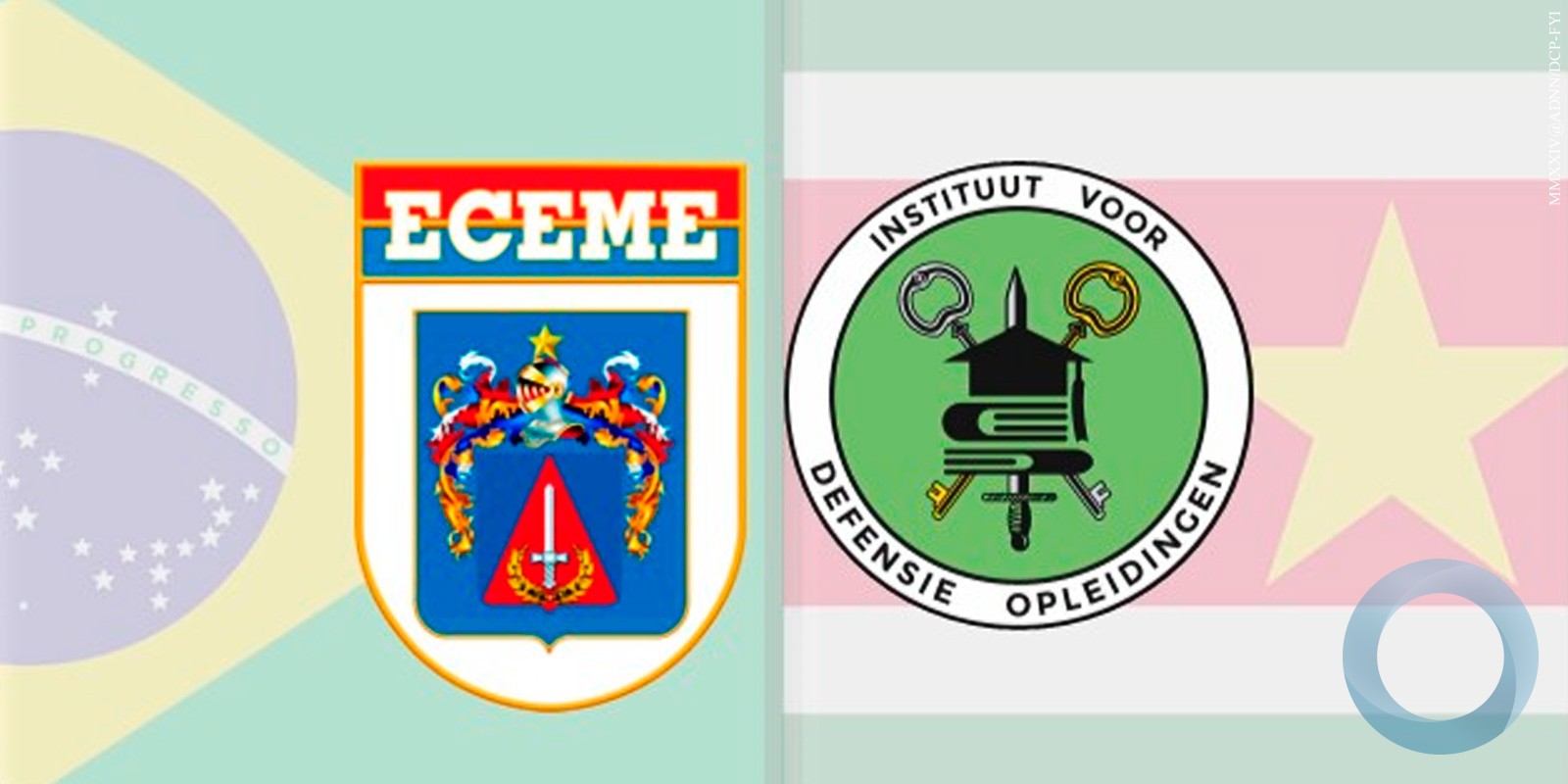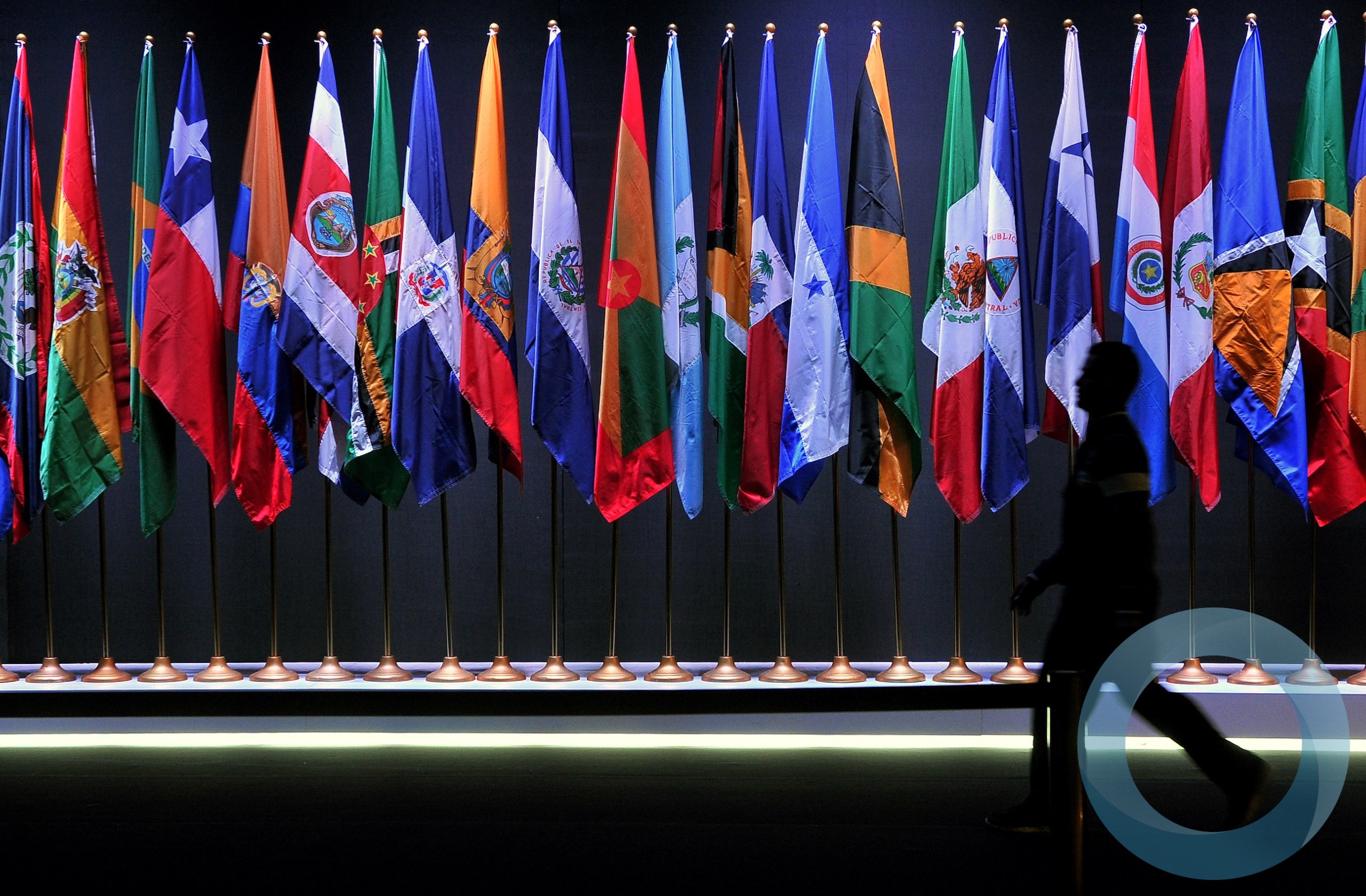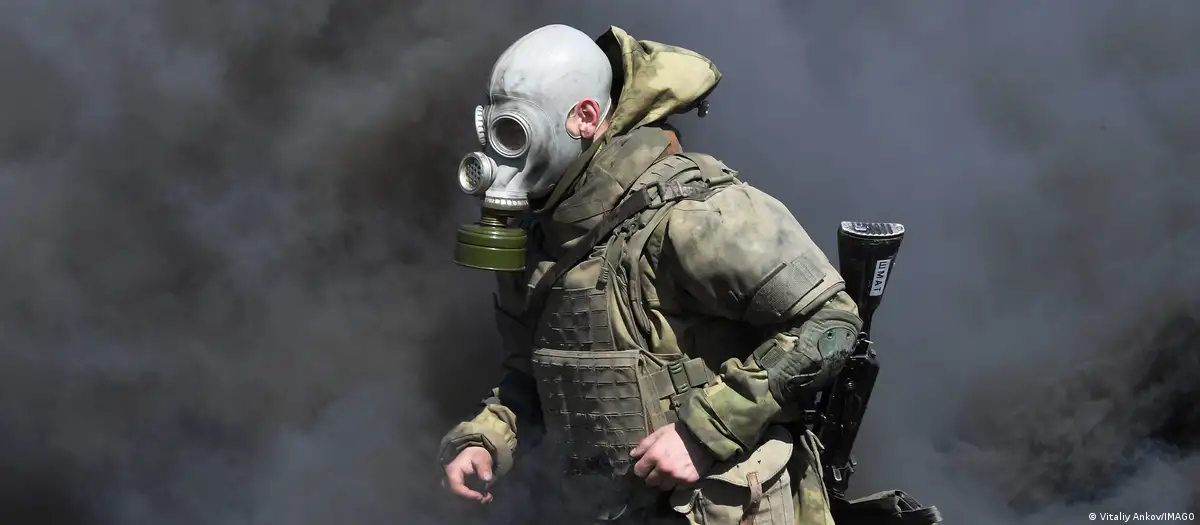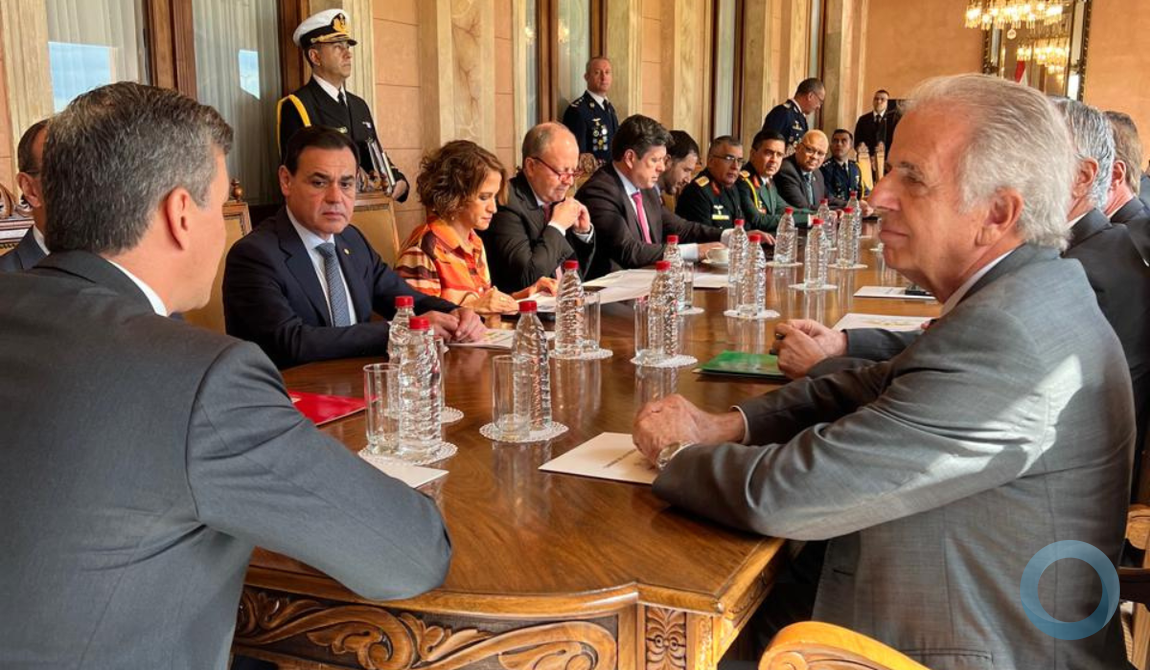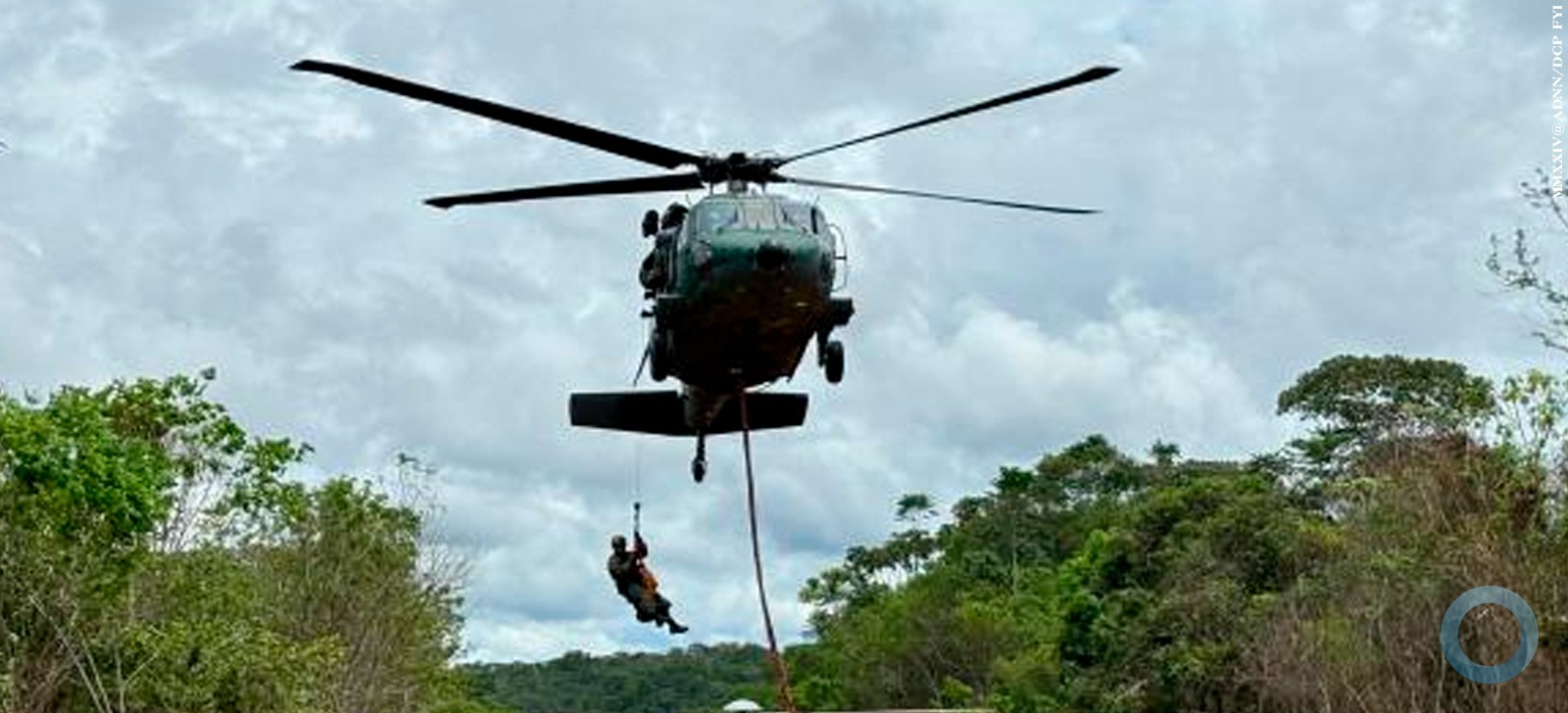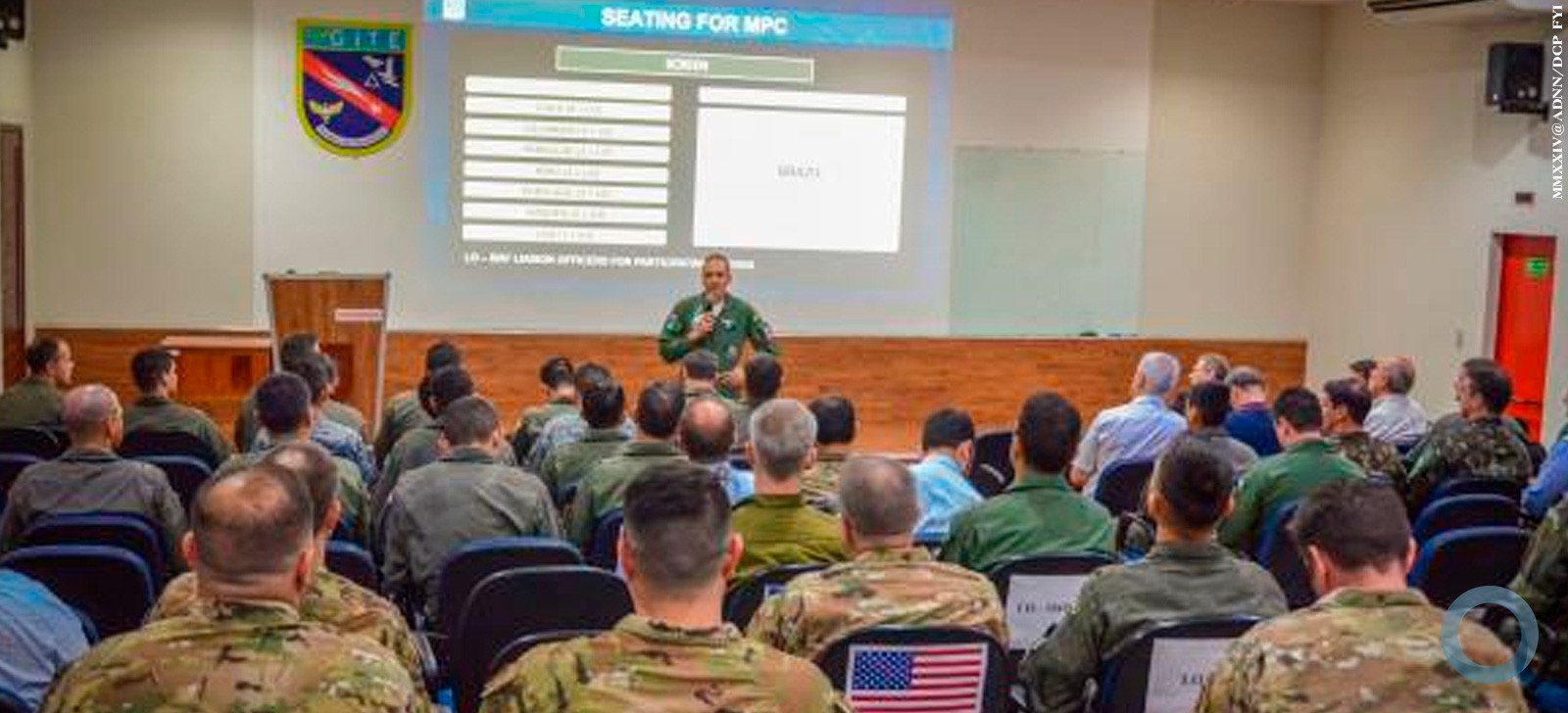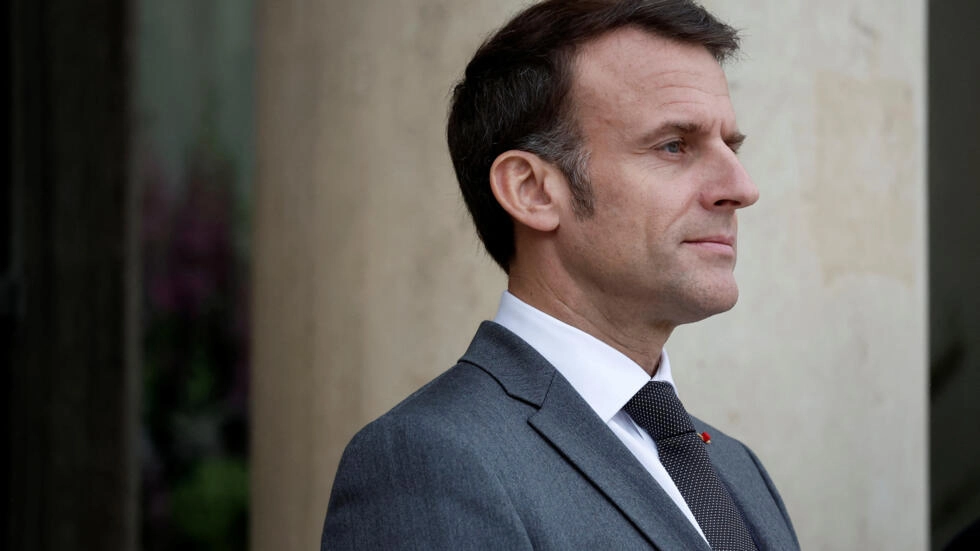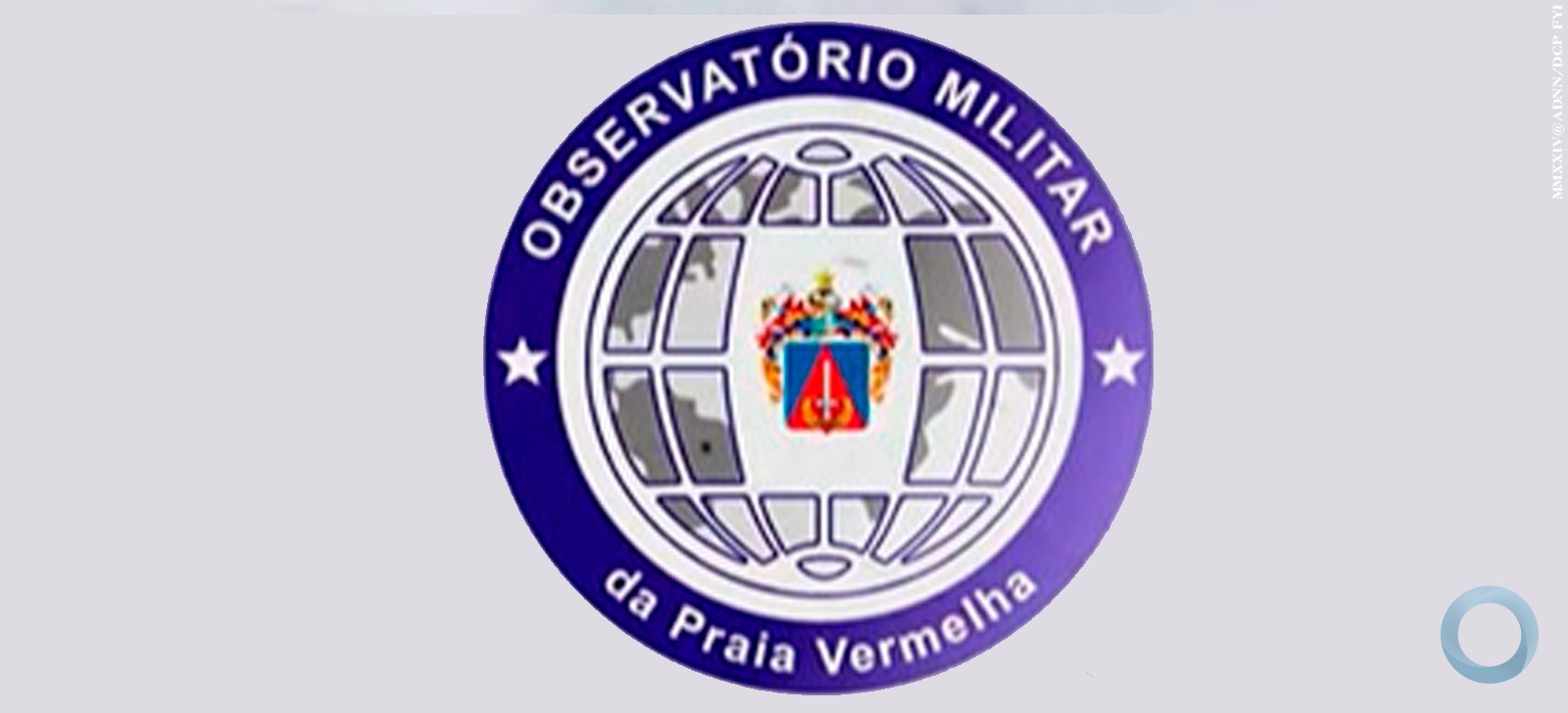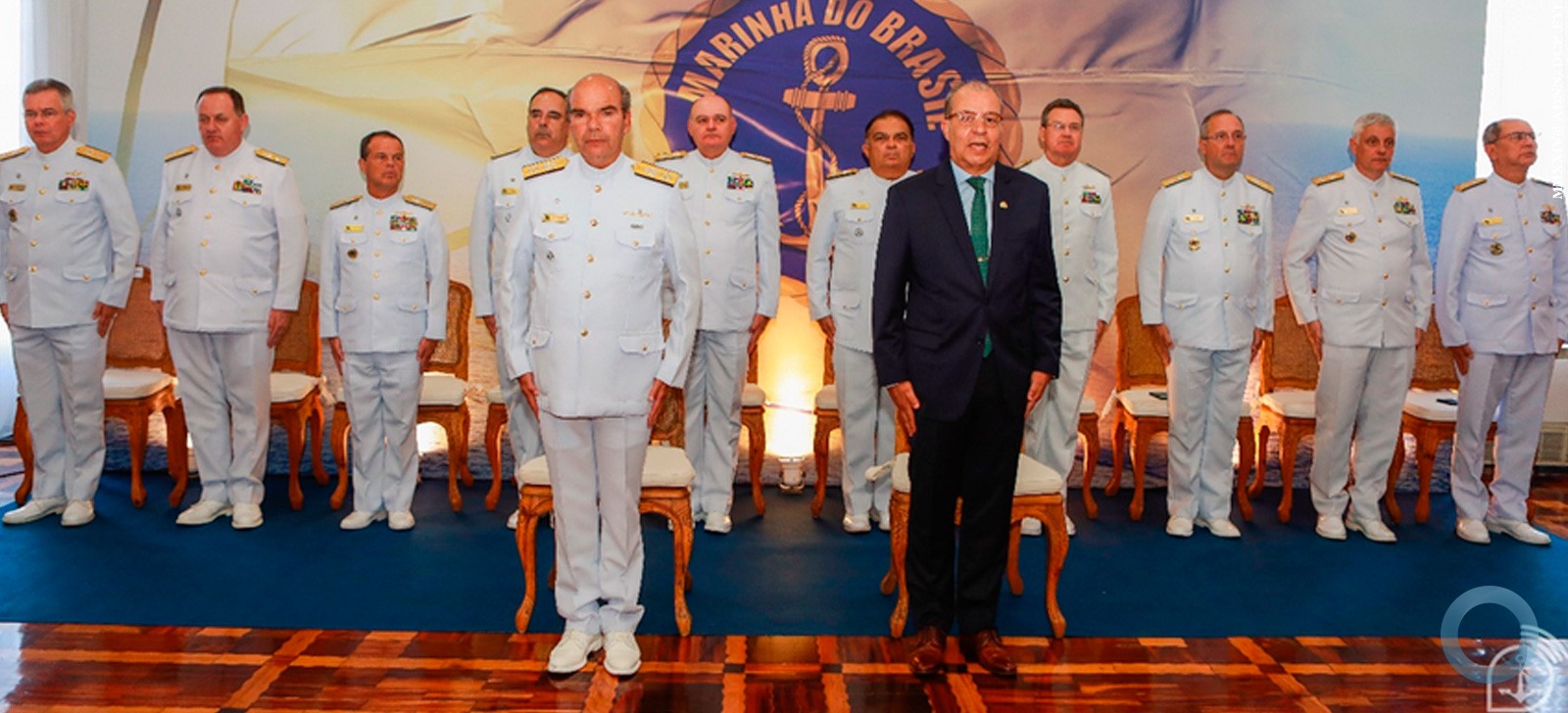Text in Spanish
Nuevas dinámicas para los disidentes en Cuba Link
Leia a nota da Folha e DefesNet
NY Times Exorta Dilma a apoiar dissidentes cubanos Link
The Editor
Editorial NY Times
28 December 2014
The words were scrawled in graffiti on a street near the house of the Cuban dissident Oswaldo Payá a few years before his suspicious death in 2012. “In a plaza under siege, dissidence is treasonous.”
Over the decades, Cuba’s authoritarian government has relied on that convenient argument to exert pervasive control over the lives of its citizens and keep opposition movements from gaining enough traction to threaten the state. The message was unmistakable: As long as the United States was intent on toppling the island’s leaders and meddling in the country’s affairs, Cubans, as a matter of national sovereignty, had to close ranks. The era that began this month when President Obama and President Raúl Castro of Cuba announced an end to more than 50 years of enmity between their governments is a watershed moment for Cuba’s diverse and courageous opposition movement.
Under Communist Party rule, Cubans endure the austerity of living under a stagnant, centrally planned economy. Their access to the Internet is severely limited and censored. The island’s official press is wholly subservient to the state. Outside the rigid mechanisms of the party, Cubans have few substantive vehicles to challenge their leaders.
In 1998, at the end of a decade of hunger and deprivation triggered by the collapse of Havana’s longtime patron, the Soviet Union, Mr. Payá undertook an audacious mission. Relying on a Cuban law that ostensibly allowed groups of 10,000 or more eligible voters to propose new laws, Mr. Payá gathered, by some estimates, more than 25,000 signatures from Cubans who endorsed sweeping democratic reforms, including free elections, freedom of assembly, freedom of the press and a less-regulated economy.In 2002, Cuba’s National Assembly responded to Mr. Paya’s initiative, known as the Varela Project, by amending the Constitution to make the island’s socialist, one-party system “irrevocable.” The following year, Cuban authorities jailed scores of dissidents and independent journalists during a period of intense repression known as the Black Spring.
The crackdown, which took aim at many leaders of Mr. Payá's movement, largely escaped global attention.In 2010, the Cuban government agreed to release many political prisoners in a deal brokered by the Catholic Church, on the condition that they move to Spain. Mr. Payá died in a car crash in 2012 in Cuba that many human rights activists suspect was staged by the authorities.
A few of the released prisoners, including José Daniel Ferrer, a fiery lieutenant in Mr. Payá's movement, refused to leave the island. Mr. Ferrer now leads the Patriotic Union for Cuba, the most visible and outspoken opposition group on the island. In a recent interview in Havana, Mr. Ferrer said his eight years in prison gave him time to reflect on why Cuba’s democratic movements had failed in the past and how they might one day prevail. Historically, he said, Cuban activists have often been seen by their compatriots as hapless victims of an oppressive state. “These people inspire pity, not a desire to follow them,” said Mr. Ferrer, who is based in Santiago de Cuba, the island’s second-largest city. “We’re trying to avoid reaching people with speeches of losers.”Mr. Ferrer says his goal is not the type of sudden, dramatic overthrow of the Castro government that many Cuban exiles have historically favored. Rather, he said, Cuba’s opposition movement must become sufficiently empowered to get a seat at the table.
“We need to become large enough to force the regime to negotiate,” Mr. Ferrer said, acknowledging that it will take time to get enough Cubans to believe that siding with the opposition is worth the risks. “No one wants to bet on the horse that’s losing the race.”
Despite decades of economic deprivation and government oppression, the vast majority of Cubans have been unwilling to join, or openly support, opposition movements. It is easy to understand why. Cuba’s shrewd intelligence service has managed to penetrate those movements over the years and make it hard for opposition leaders to join forces. And it has effectively cast dissidents as greedy agents of Western plots in a deeply nationalistic nation that for many years was, in fact, the target of covert American plots.
While the tactics used against dissidents are not nearly as brutal as they were a decade ago, they remain insidious. Prominent opposition leaders are attacked by the official media. Activists are often detained temporarily to keep them from attending meetings and to remind them — and their neighbors — that they are being watched. State surveillance is widely assumed to be so pervasive that diplomats blast music whenever they want to have a conversation about sensitive issues. Wary Cubans pop out the batteries of their cellphones if they want to speak privately, fearing that the state’s extensive army of domestic spies can listen in on virtually anyone at any time.
On a very basic level, said Elizardo Sánchez, who is known as the dean of Cuba’s human rights activists, political activism requires a level of zeal that many Cubans lack. “Life is so hard that people don’t have time to think in political terms,” he said. “Everything from finding food, transportation and medicine takes so much time.”After the announcement of the rapprochement between Washington and Havana this month, a handful of prominent activists and civil society leaders issued a joint statement outlining four sensible requests.
They call for the unconditional release of all political prisoners. Under the deal Mr. Castro and Mr. Obama announced, the Cuban government pledged to free 53 of them. The activists also demand that Havana abide by the Universal Declaration of Human Rights, which the Cuban government has ratified. The statement — signed by Mr. Ferrer and the popular dissident blogger Yoani Sánchez, among others — asks that the Cuban government formally recognize civil society leaders who are at odds with the state. Finally, they argue that the state must be open to constitutional reforms that will eventually lead to free, democratic elections.
Whether Cuba’s opposition movement will be empowered by the thaw in relations with the United States or suffer intensified repression will depend largely on the support activists receive from the international community. As Cuba becomes more accessible to Americans, including Cubans who are dual citizens, the government in Havana, feeling vulnerable in the face of a flood of investment, increased travel and a less-regulated flow of information, may well seek to redouble its efforts to stifle dissent.or decades, Latin American governments have coddled, or appeased, the Castro regime because confronting it would be interpreted as an endorsement of Washington’s harshly punitive policy toward the island.
By changing that policy, Mr. Obama has removed that concern, which should allow leaders from democratic nations to support the principles Cuban activists have put forward. The leaders of Latin America’s largest economies, in particular, can be strong champions of Cuba’s opposition leaders at the Summit of the Americas in Panama in April.
Despite a traditional reluctance to meddle in other countries’ internal affairs, President Enrique Peña Nieto of Mexico and President Dilma Rousseff of Brazil should speak up unequivocally for democratic values that are embraced by most nations in the Americas. As a former political prisoner, a leftist and the leader of one of Cuba’s main trading allies, Ms. Rousseff would arguably carry the most weight.
If Cuban dissidents and civil society leaders are allowed to participate in the summit meeting, as Washington has advocated, Ms. Rousseff may well be speaking to the future leaders of a democratic Cuba.
Matérias Relacionadas
Por que o 'New York Times' quer fim do embargo a Cuba?
NY Times – Tiempo de Acabar el Embargo de Cuba
NY Times – End the U.S. Embargo on Cuba






